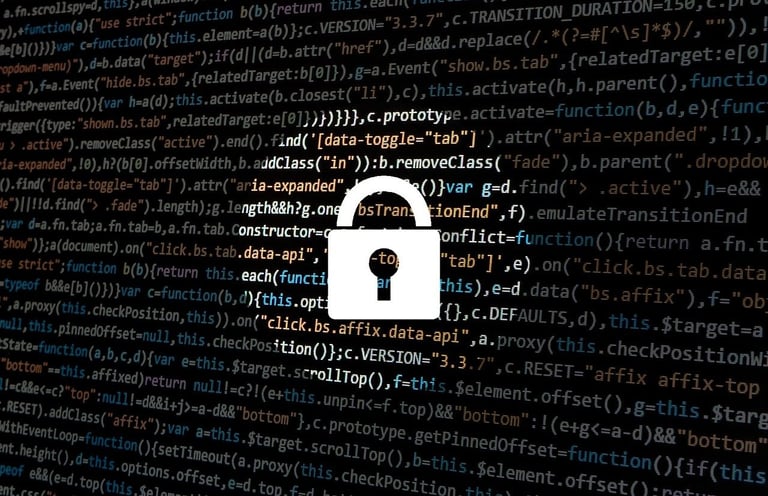Cyber Security


Cybersecurity: The Everyday Shield We All Need
Let’s be honest—most of us don’t think about cybersecurity until something goes wrong. A weird email pops up, your social media starts sending odd messages to friends, or maybe you notice a payment you never made. That’s usually when it hits: “Wait… maybe I should’ve been more careful online.”
The truth is, you don’t need to be a hacker-movie expert to understand this stuff. Cybersecurity is basically just the practice of protecting what matters to you—your logins, your photos, your money, even your identity. In a way, it’s not that different from locking your front door when you head out.
Here’s why it’s worth paying attention.
We tend to assume cyberattacks “happen to other people.” Big companies get hacked, governments get targeted, sure—but normal people? The reality is hackers love going after everyday folks. Why? Because it’s usually easier.
Think about it. Most individuals reuse the same password everywhere. Many don’t bother with security updates or ignore those “sketchy” looking emails instead of reporting them. For an attacker, people are often the low-hanging fruit.
And when it happens, it’s not always about losing money (though that’s bad enough). Sometimes, it’s about losing things that you can’t put a price on—like years of family photos, or the embarrassment of having someone impersonate you online.
A few tips that actually help
Cybersecurity might sound complicated, but it boils down to simple habits—little things most of us can do without much hassle:
Use different (and stronger) passwords for your accounts. Think of it as not giving one key to every single lock in your life.
Switch on two-factor authentication. It takes an extra few seconds, but it blocks a huge number of break-ins.
Don’t ignore software updates. Yes, they’re annoying. But those updates often patch holes that hackers are specifically waiting to use.
Be wary of links—especially in emails or texts that try to push you into acting fast. Slow down. Scams often rely on panic clicks.
Back things up. If you’ve got precious photos or important documents, store copies elsewhere—cloud, external drive, whatever works.
The part most people forget
Here’s the human side of it all: cybersecurity isn’t just about technology. It’s about trust. When someone gets into your accounts, it feels personal. It’s your conversations, your identity, your memories. It’s stressful, it’s invasive, and it takes time to recover.
I think that’s why this topic matters more than we often admit. It’s not about fearing some shadowy “hacker in a hoodie.” It’s about protecting your little corner of the digital world so you can live with less worry.
Wrapping it up
Cybersecurity might not be glamorous, but it’s become part of everyday life. Like wearing a seatbelt or locking the door, it’s just common sense. A few simple habits can save you from a lot of stress down the road.
The internet is incredible—and it’s not going anywhere. So why not make sure you can enjoy it safely, without always looking over your shoulder?

